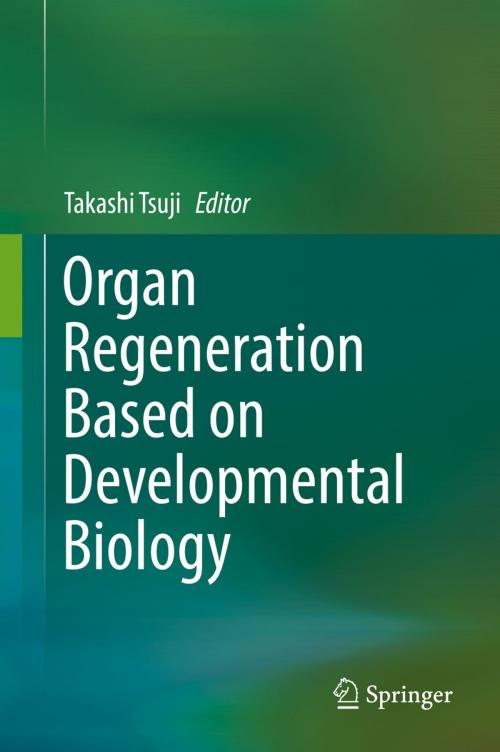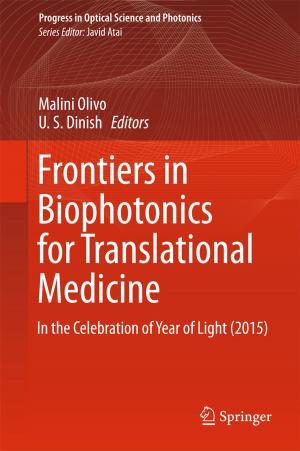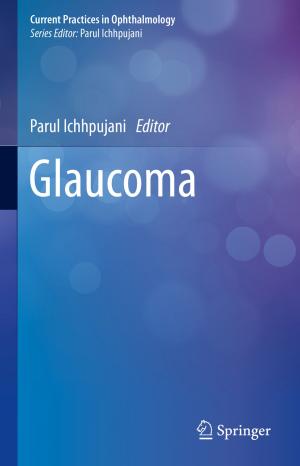Organ Regeneration Based on Developmental Biology
Nonfiction, Science & Nature, Science, Biological Sciences, Cytology, Other Sciences, Molecular Biology| Author: | ISBN: | 9789811037689 | |
| Publisher: | Springer Singapore | Publication: | March 30, 2017 |
| Imprint: | Springer | Language: | English |
| Author: | |
| ISBN: | 9789811037689 |
| Publisher: | Springer Singapore |
| Publication: | March 30, 2017 |
| Imprint: | Springer |
| Language: | English |
This book reviews three-dimensional (3D) stem cell culture and proof of concept for organ regeneration. The chapters present studies based on developmental biology but not tissue engineering using bio-degradative scaffolds. The ultimate goal of regenerative therapy, the next generation of regenerative therapy, is to develop fully functioning bioengineered 3D organs that can replace lost or damaged organs following disease, injury, or aging. Next-generation regenerative therapy will consist of organ-replacement regenerative therapy, which aims to reproduce reciprocal epithelial and epithelial interactions and epithelial and mesenchymal interactions that occur during embryogenesis. The book then discusses the generation of several 3D functional organs and organoids such as brain, inner ear, tooth, hair, salivary glands, lacrimal glands, gastrointestinal organs, kidney, liver, and lung. This work will appeal to a wide readership such as medical scientists, developmental biologists, clinicians, and patients. The volume provides valuable information and ideas to form a next-generation field of science.
This book reviews three-dimensional (3D) stem cell culture and proof of concept for organ regeneration. The chapters present studies based on developmental biology but not tissue engineering using bio-degradative scaffolds. The ultimate goal of regenerative therapy, the next generation of regenerative therapy, is to develop fully functioning bioengineered 3D organs that can replace lost or damaged organs following disease, injury, or aging. Next-generation regenerative therapy will consist of organ-replacement regenerative therapy, which aims to reproduce reciprocal epithelial and epithelial interactions and epithelial and mesenchymal interactions that occur during embryogenesis. The book then discusses the generation of several 3D functional organs and organoids such as brain, inner ear, tooth, hair, salivary glands, lacrimal glands, gastrointestinal organs, kidney, liver, and lung. This work will appeal to a wide readership such as medical scientists, developmental biologists, clinicians, and patients. The volume provides valuable information and ideas to form a next-generation field of science.















